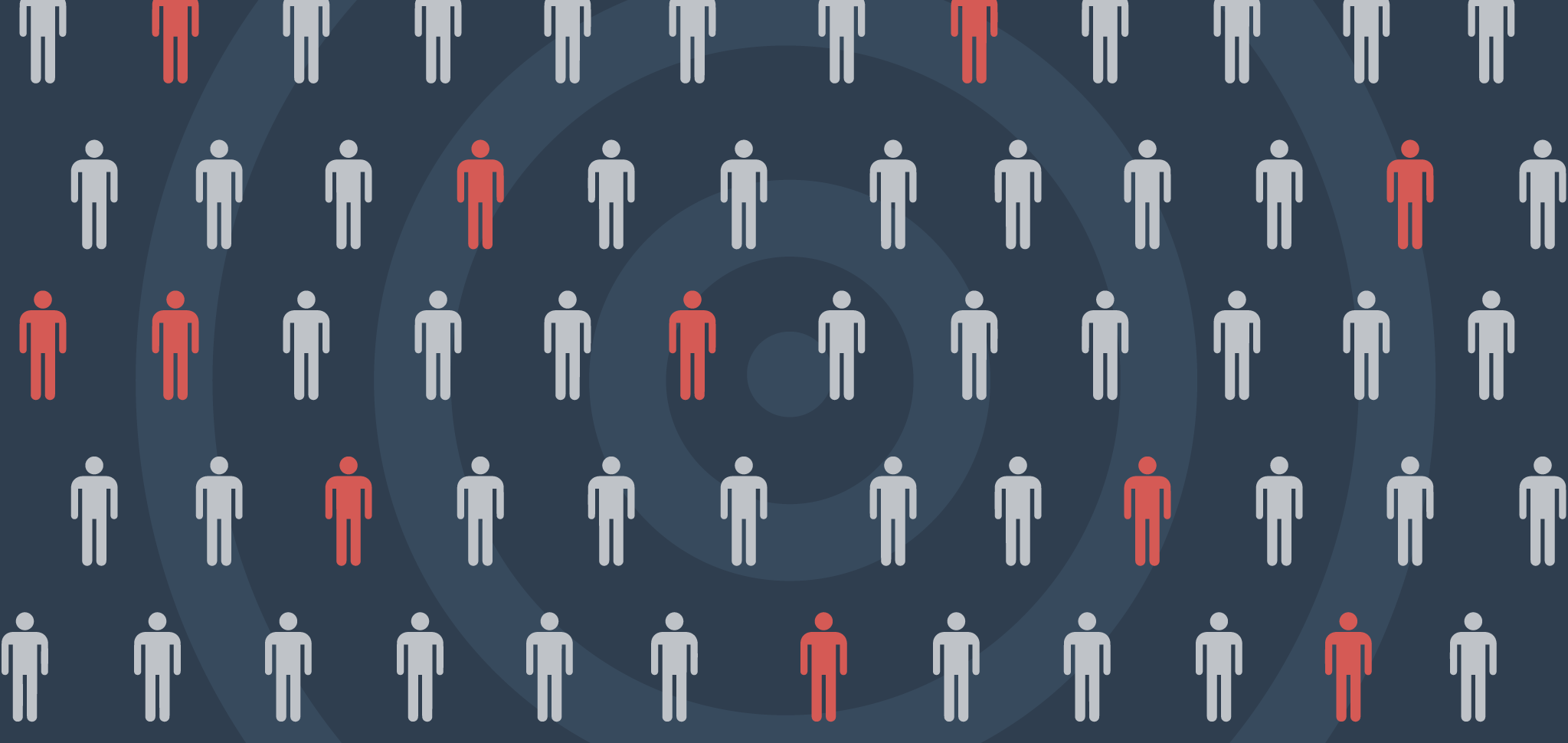Vert Blog
What Facebook’s data privacy updates mean for marketers
We’ve all seen tweet after tweet about Facebook’s data privacy issues, the Cambridge Analytica scandal, and the push to #DeleteFacebook. Mounting pressure from users has accelerated some fairly significant shifts to the user data Facebook collects and includes in its Insights, as well as changes to the ways in which marketers are allowed to access and leverage this data.

Over the past week, many of the ways in which we plan, execute, analyze and report on Facebook and Instagram activity have been impacted by these changes – at least temporarily. Third-party platforms have been hit hardest with a series of API changes, but there are a few key native updates that are worth knowing about, too.
Here’s your quick & dirty summary of the shifts that may matter to you & your social media strategy:
- Third-party platforms no longer support Facebook Search, which means we’ve lost the ability to tag other Facebook Pages in posts that are created and scheduled within external publishing tools. Pages can still be tagged by other Pages natively within Facebook using the platform’s Publishing Tools.
- When using a social listening tool, you’ll no longer seen users’ checkin posts in your Page’s mentions. You’ll still see public news feed posts that your Page is tagged in as long as they do not include a location.
- Monitoring, analysis of and reporting on activity that happens within Facebook Events will no longer be available via third-party tools. Activity must be monitored and tracked natively within the Event Page on Facebook.
- Through most third-party tools & platforms, Instagram activity and insights will be temporarily unavailable as the Instagram platform has been shifted over to a more robust (and more secure) API. This requires a number of providers to rebuild significant portions of their tools, and originally these changes were supposed to happen in three phases between late 2018 and 2020 – so you can imagine there’s some scrambling going on in platform-world.
- Certain insights have been removed from Custom Audiences – specifically household and purchase data like household income, household size, spending methods and purchase behavior. You’ll still see these data points when you’re looking at audiences based on Facebook data (i.e. a Page audience), but if you create a Custom Audience by, say, uploading an email list, you won’t have access to these data sets.
- Domains must be verified within Facebook Business Manager if you want to be able to edit organic or unpublished (dark) Page post links moving forward. This is meant to improve the integrity of content on Facebook and will prioritize reliable, trustworthy sources of information. (More information on implementing domain verification can be found here).
As Facebook noted in its announcement about many of these changes on April 4: Innovation demands iteration; it requires constant change. And, while change is never easy, we believe the immediate platform updates we are announcing today will build stronger connections for people, developers and businesses in the future, while maintaining their privacy and security on Facebook.
We’ve always looked at Facebook and other social channels as two-way streets, places for brands and users to exchange value and engage in conversations. Many of these shifts aim to better protect users, and as long as we continue to focus on building connections – and ultimately trust – that value exchange will continue.
Got questions or thoughts on these updates? Let us know!


